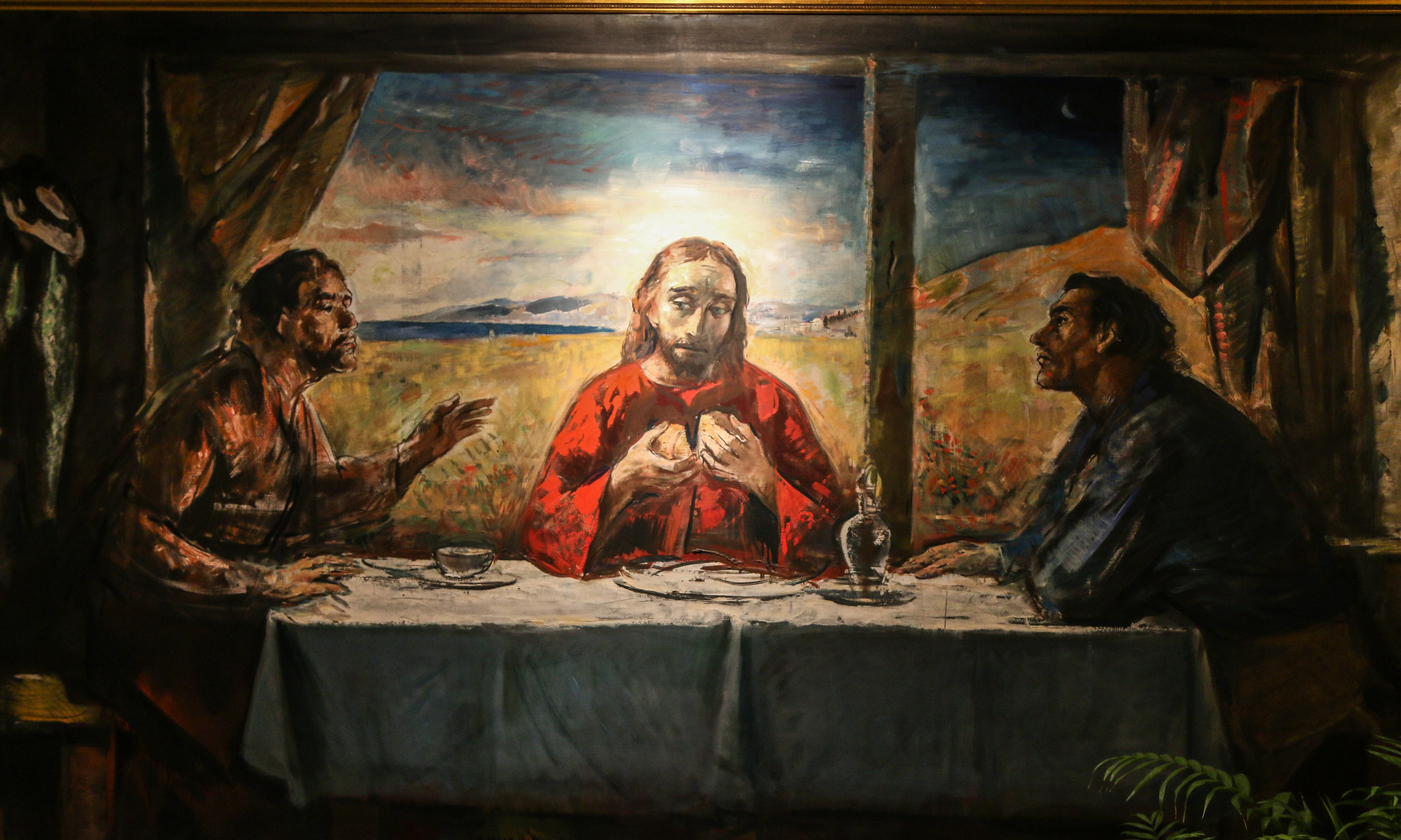We sometimes hear that Catholic doctrine constructs rigid, exclusionary abstractions that interfere with what really matters: a “personal relationship” with Jesus Christ. This is a serious claim that merits serious attention. What, after all, makes for a personal relationship with anyone, let alone the Lord?
Humans, first and foremost, are knowers and lovers. We want to know ourselves, the world around us, and above all, God, and we pursue in love the people and things we perceive to be good. This is what it is to be made in the imago Dei.
Moreover, knowledge always precedes love. In meeting someone new, we first get to know his or her personality, interests, and character. We then determine whether this is the kind of person we might like to befriend—to love. So also begins every nascent romance, and so progresses every successful marriage: the more spouses come to know one another over a lifetime, the deeper their love and the richer their family life.
This very same dynamic of knowledge and love is at work in our relationship with God, yet to an infinitely deeper degree. God so transcends our ordinary means of knowing that even the profound philosophical knowledge we can attain about him still leaves us unable to know him in himself, in his inner life, which is precisely what friends share with one another. I have called you friends, because I have told you everything I have heard from my Father (John 15:15). Here we discover the centrality of revelation to any human relationship with God. We cannot love a God whom we do not know, and we cannot know the inner life of a God who does not reveal himself to us. Such is the astounding generosity of God, that in Christ he should stoop down (Ps 40:2) to make himself knowable and lovable—befriendable—by us.
How, then, do we enter into this relationship? Faith. The gift of faith enables us to know God through his revelation and thereby to love him as our first and best friend. We have come to know and to believe in the love which God has for us (1 John 4:16). The Catholic tradition teaches that, in making a proper act of faith, we actually believe in three different ways all at once, each essential to a vital relationship with God. First, we believe what God has revealed. That is, we believe his teachings, or doctrines, which come to us through the Church. These doctrines show us both who God is and what wondrous things he has done for us. Without them, God’s inner life, his saving love, and his concrete, providential intentions are unknowable. Second, we believe God as the object of our trust, the one who himself speaks these truths to us and who cannot lie. Third, we believe into God, for by affirming his teachings and trusting him, we are led to abide in him (John 15:4)—to love him. In this third way, faith not only gives us knowledge but also affixes us in love to the one whom we know. You who once were far off have been brought near in the blood of Christ (Eph 2:13).
Far from being an obstacle to a personal relationship with Jesus, doctrine is the absolute bedrock of that relationship because it gives faith its essential content. Charity—divine love—is faith’s full flowering. In affirming, contemplating, and loving what Christ has revealed and continues to hand down to us in the Church, we are led to affirm, contemplate, and love Christ himself. Although you have not seen him, you love him; even though you do not see him now yet believe in him, you rejoice with an indescribable and glorious joy (1 Peter 1:8).
In the end, there is simply no extricating the person of Christ from his divine teaching. Loving the person without assenting in faith to his revealed teachings is impossible. Knowing his teachings while failing to love the person whom they mediate is dead faith, which does not save (1 Cor 13:2). But the goal of faith [is] the salvation of your souls (1 Pet 1:9). And this is eternal life, to know you, the only true God, and the one whom you have sent, Jesus Christ (John 17:3).
✠
Photo by Fr. Lawrence Lew, OP (used with permission).







